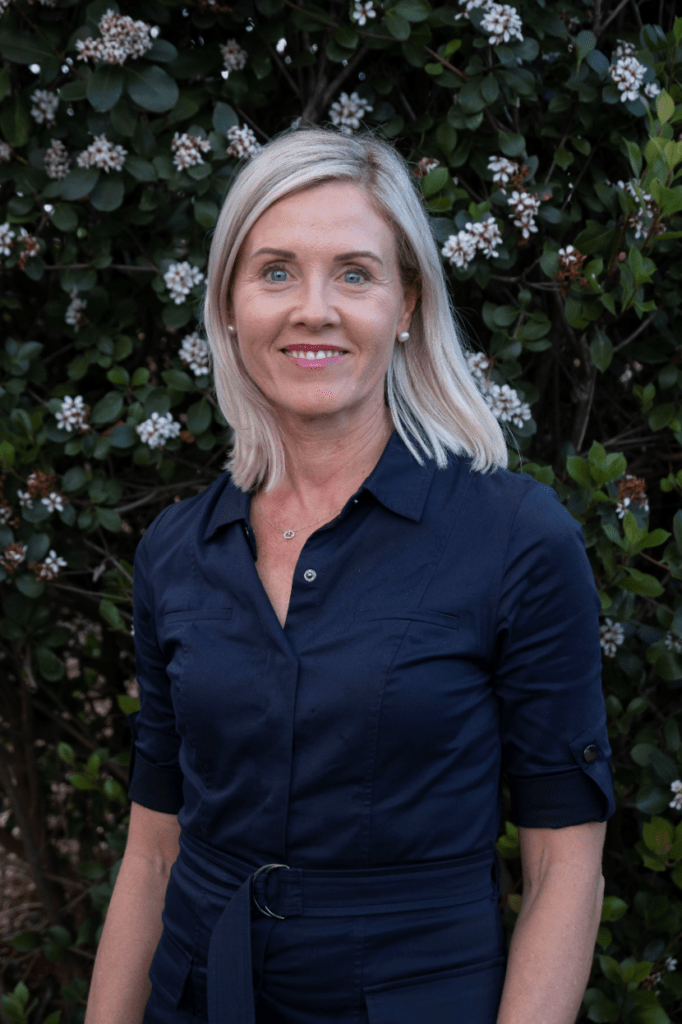- Home
- Stronger Together
- Support & Wellbeing
- Disability & NDIS
- Mental Health
- Families & Parenting
- Support for Individuals
- Community Health
- Employment & Training
- About Us
- About us
- Get Involved
- Governance
- Social Enterprises
This month, we address the current challenges that many people are facing, such as the rising cost of living. Sandy shares practical strategies and tips on managing finances and improving financial fitness.
We also discuss the importance of open conversations about money and seeking support from financial counselors.
Sandy provides insights on how to make small changes that can lead to big impacts over time, and shares ideas on finding joy and creativity within a limited budget. We also explore strategies for tackling debt and making proactive choices to improve one's situation.
Additionally, we touch on the topic of homelessness and discuss practical strategies for individuals and families in these circumstances, such as obtaining quality tents and accessing gym facilities for showers and other amenities.
Join us as we delve into these important topics and provide valuable resources and ideas to help individuals and families navigate through challenging financial situations. Remember, we're all in this together, and together we can become stronger.
"STRONGER TOGETHER" is a weekly column where Tanya explores key issues. This week Tanya focuses on our basic needs as humans and overcoming challenges by supporting one another.
By IMPACT Community Services Managing Director Tanya O'Shea
The warmth of a hearty meal, a shower after a long day, the shelter from the change of season and a community that cares for others, is something we should all have this winter.

But across the country and in the Bundaberg region, people are experiencing homelessness as the housing crisis continues and people are finding it increasingly difficult to put a roof over their heads.
In 1943, psychologist Abraham Maslow coined his ‘Hierarchy of Needs’ in his paper “A Theory of Human Motivation” and it is undeniably prevalent nearly 80 years later.
Maslow’s theory breaks down five modes of needs for a person to being living their most authentic and comfortable life. Unsurprisingly, it starts with the physiological needs – what we need to survive. These foundational needs include food, water, clothing, and shelter, for without them it would be extremely challenging to priorities anything else.
The rising cost of living not only makes it difficult for people to afford shelter and food, but it can also take a toll on one’s mental health.
The power of having a consistent and safe place to rest your head and full your stomach cannot be overstated and for those who may be struggling, it is vital to know there are services to help you.
If you or someone you know is experiencing homelessness or other difficulties, there is an information flow chart on IMPACT’s Community Navigators’ webpage with a breakdown of the various situations one could be facing and the appropriate support service contact numbers and addresses to help.
If you are in a position to help fellow residents who are in need, there are various organisation which take food donations, like the Angels Community Group’s Emergency Food Hampers. Angels is also currently calling for cups of soup donations to facilitate their cup of soup bar at the support centre on 66 Targo St.
As indicative of the title of this column, as a community we are ‘stronger together’. Providing donations or sharing valuable information can be key to helping people attain their basic needs and begin improving their lives.
Regardless of if you have hundreds of thousands of dollars coming in or you’re below the poverty line, people can be stressed about money.
Some of the questions surrounding money include how to get it, how to save it, and how best to spend what you have.
Financial Wellbeing is a term used to describe a financial status whereby you can financially cope if your current income, employability, or circumstances change.
IMPACT Community Services’ Community Navigators case manager George Nathan is a financial counsellor, and he describes financial wellbeing as being able to “weather the storm”.
There is sometimes a sense of taboo and even shame surrounding discussions of money, but George said the reality is very few people are ‘good’ with their money so attending a workshop to gain financial information and education shouldn’t come with any stigma.

He said people could appear to live a luxurious life but actually be up to their neck in debt.
With professional experience in debt collection and as a financial counsellor, George said he brings business acumen, financial counselling skills for low- and high-income earners to the judgement free monthly Financial Wellbeing Workshops at IMPACT.
He said we need to learn from each other.
For George, breaking down finances is a matter of ‘needs’ and ‘wants’.
You need to pay for your food, petrol, phone and shelter. Your wants can include activities like dining out. When you can identify potential money leaks, which could be buying multiple coffees per week or videogames you can’t afford, you can start to prioritise your spending.
George said one of the ways people can be caught out with their spending is the easy access to Buy Now Pay Later services. He said the easy access to short term loans means that people are experiencing financial hardship as they overcommit themselves and then they struggle to make repayments.
With growing demands for immediacy, the days of layby are few and far between.
The monthly workshops will focus on topics like debt, budgeting, and financial advocacy (your financial rights and responsibilities).
IMPACT’s monthly Financial Wellbeing Workshops are once again being held at IMPACT’s headquarters at 108 Bargara Rd.
The workshops are held on the third Thursday of the month, the upcoming on is March 17, 2022 from 10am-11am.
IMPACT also has one-on-one sessions available, via appoint.
For more information or to book your spot at a monthly workshop or one-on-one session, email communitynavigators@impact.org.au or phone 4153 4233.
Improving lives is at the heart of IMPACT Community Services’ programs and staff – and our Community Navigators are no exception.
George Nathan recently joined IMPACT’s Community Navigator team as a case manager where he’s eager to start supporting those in need.
“My role as a Case Manager Community Navigator involves supporting participants transitioning to the Cashless Debit Card to access a range of services that are available,” he said.

“The role also supports other members of the community that come to us or are referred and need assistance in a variety of ways.”
No stranger to the work IMPACT does, in 2021 George was delivering a financial literacy workshop monthly to clients and assisted them on a one-on-one basis when necessary.
Having worked as a financial counsellor for 10 years, George felt he was a good fit for the team and could add value to the services they provide.
“I am most looking forward to the variety that the role provides,” he said.
“Whilst I love financial counselling it can take a toll on you when you do the same thing every day for 10 years.
“Assisting people with their financial problems can be overwhelming as you’re dealing with mortgage stress, car repossession, court proceedings and a range of other issues which could easily have a devastating effect on a person’s life and could even lead them to developing long-term mental health conditions.”
He said sometimes it is difficult for members of the community to find assistance for their particular problem(s), which was where a Community Navigator can help.
“A Community Navigator can assist clients in all things and also refer them to the right service,” George said.
“From that aspect the Community Navigator’s role is very essential to the region.
“Having worked in Queensland, New South Wales, and ACT I have never come across a role such as this.”
All members of the community who live within the 4670 postcode can access our services. For more information about Community Navigators call IMPACT on 4153 4233 or visit here.